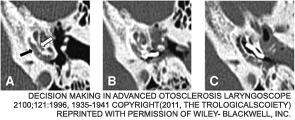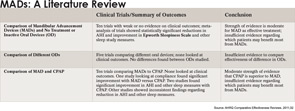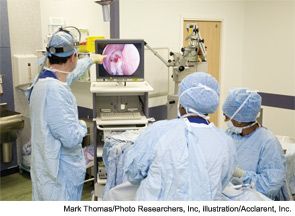A new treatment algorithm for advanced otosclerosis, based on the clinical experience of Dutch investigators and supported by a literature review they conducted, suggests that the window for successful cochlear implantation (CI) in patients with severe disease is narrower than some otolaryngologists may believe .






